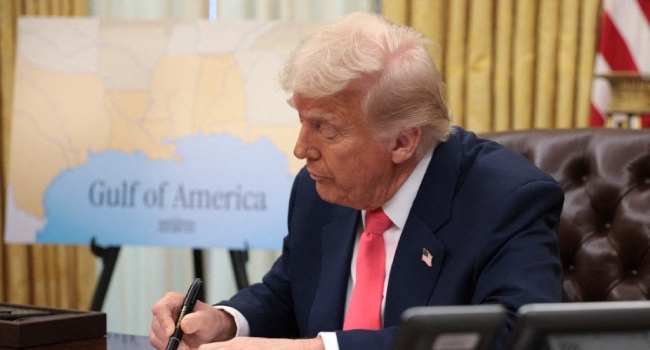President Donald Trump has announced that Nigerian exports to the United States will now be subject to a 14% tariff. This decision, unveiled during a “Make America Wealthy Again” event in the Rose Garden on Wednesday, is part of a broader initiative to address global trade imbalances and counter what the U.S. views as unfair trading practices.
The new tariff marks a significant shift in U.S.-Nigeria trade relations. The U.S. administration has pointed to an ongoing trade imbalance, noting that Nigeria currently levies a 27% tariff on U.S. exports. The U.S. claims this disparity has harmed American businesses and consumers.
Trump framed the move as part of a larger strategy to protect U.S. industries and enforce what he calls “fair” trade practices. “This is one of the most important days in American history,” Trump stated. “We will invigorate our domestic industrial base, open foreign markets, and dismantle trade barriers. More production at home will lead to stronger competition and lower prices for consumers. This is the dawn of America’s resurgence.”
In addition to the 14% tariff on Nigerian exports, Trump unveiled a broader trade policy, including a 10% baseline tariff on all U.S. imports, effective immediately. The new tariffs will affect more than 50 countries, including major trade partners like China, the European Union, India, and Japan, as well as developing nations in Asia, Africa, and Latin America.
The policy has already stirred global market uncertainty, with fears of a trade war escalating. Other African nations also affected by the new tariffs include Algeria (30%), Lesotho (50%), Mauritius (40%), Kenya (10%), Namibia (21%), Ethiopia (10%), and Ghana (10%). South Africa has been hit with a reciprocal 30% tariff.
This policy shift represents a major change in global trade dynamics under the Trump administration.

